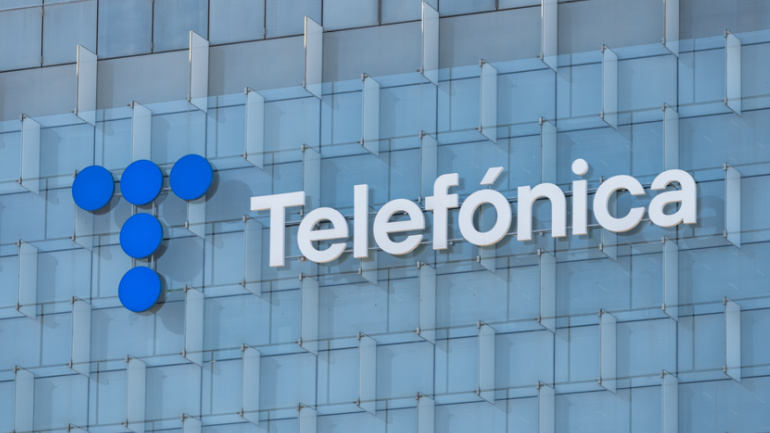Deutsche Telekom and Mavenir are making strides in 5G network slicing technology. A “5G Live Video Production Service” now allows reliable HD video streaming over 5G, even via smartphones. They’ve also demonstrated a proof-of-concept for on-demand 5G network slicing services, streamlining customization and quality assurance. These innovations offer agility, efficiency, and new revenue prospects.
Five nations have formed a global alliance, ambitiously named the Global Coalition on Telecommunications (GCOT), a promising step towards international cooperation in the telecommunication arena. Set to modernize Open RAN, enhance 6G, and resolve security issues linked to China, this consolidates the efforts of five major entities across UK, Australia, Canada, Japan, and the U.S. The coalition aims to better integrate policy matters and drive growth within the industry. However, uncertainty looms over the form this alliance will take in future, prompting intense interest within the telecom sector.
Spanish telecom titan Telefónica is allegedly exploring a potential divestment from its successful subsidiary, Telefónica Tech. With a speculated valuation over €2 billion, Tech has made impressive strides in sectors like cybersecurity and IoT. However, despite robust revenue growth, the benefits of Tech to Telefónica’s overall operations remain ambiguous. Will Telefónica cash in, or continue cultivating this promising asset? Insights may be revealed in the CEO’s upcoming strategy announcement. Stay informed as we delve deeper into this intriguing possibility.
UK’s communications regulator, Ofcom, has initiated an in-depth examination of the market dominance by Amazon and Microsoft in the cloud infrastructure services space, a move raising concerns about market competition. The regulator has tasked the Competition and Markets Authority with evaluating potential challenges for consumers in switching cloud providers due to issues like high data transfer fees and technical barriers. The outcome of this audit could have potential implications for these tech giants and impact the future landscape of the cloud services domain.
Google’s Pixel 8 promises a remarkable seven years of updates, outdoing Samsung. The Pixel 8 Pro boasts advanced computational photography and an FDA-approved body temperature sensor. Microsoft introduces a faster, sleeker Teams app with AI-powered Copilot. Truecaller strengthens fraud detection with Unoideo Technologies acquisition. Snom Americas collaborates with Zoom to enhance the reseller channel with the Snom M500 DECT phone system, offering wireless mobility and crystal-clear audio.
Nepal’s move into 5G has hit a deadlock due to geopolitical tensions, resulting in halted trials. Interestingly, at the heart of the issue is the importation of necessary equipment from Chinese firms amid corruption allegations and international contentions over security. The telecom industry in Nepal fears this impasse may set back tech enhancements, revealing global tensions’ significant impact on local infrastructures.
The recent rebranding of Hyperoptic signals a transformative shift towards customer-centered service. Offering an enticing alternative to rivals grappling with unsatisfactory service, opaque pricing, and unreliable connectivity, Hyperoptic aims to shine in the realm of customer experience. Their radical expansion across the UK, encompassing over 1.4 million homes, while maintaining stellar service is an undeniably ambitious move. Yet, they strive to connect even more customers, emboldened by a substantial investment by KKR.
Luxembourg’s Prime Minister and SK Telecom have inked an agreement, initiating a strategic collaboration to advance the quantum tech ecosystem. Connexion between this MoU and an earlier South Korean – Luxembourg agreement hints towards a momentous ‘quantum Internet of Things’. Meanwhile, telecom operators globally look to leverage quantum technology’s disruptive potential towards traditional data security protocols. SK Telecom, recognized for its pioneering quantum work, also boosts its pursuit in the AI realm, underlined by a significant investment in AI firms.
Google has elevated digital assistance with its AI-powered Google Assistant with Bard which assures enhanced user understanding and broad service range, an enticing departure from its voice-activated predecessor. Public access is earmarked soon, with notable privacy control assurance. Coupled with AI-centric Pixel additions, this advanced assistant optimistically envisages a future with intuitive personal AI, pushing generative AI’s benefits beyond perfecting selfies.
The European Commission is urging member states to conduct shared risk assessments in key tech realms including advanced semiconductors, AI, quantum tech, and biotech. Amidst the cloud of geopolitical tech skirmishes, EU stands poised to protect sensitive technologies and is resolved not to preemptively decide on any corrective measures. Only time will reveal the Commission’s next steps after risk assessments.













